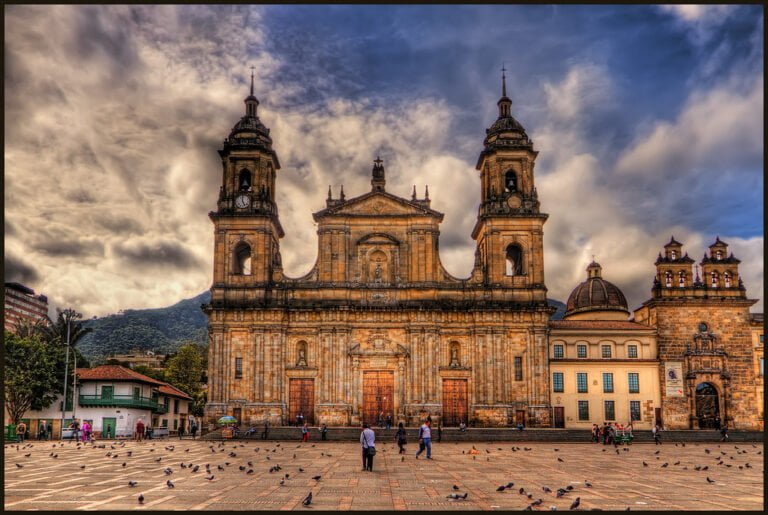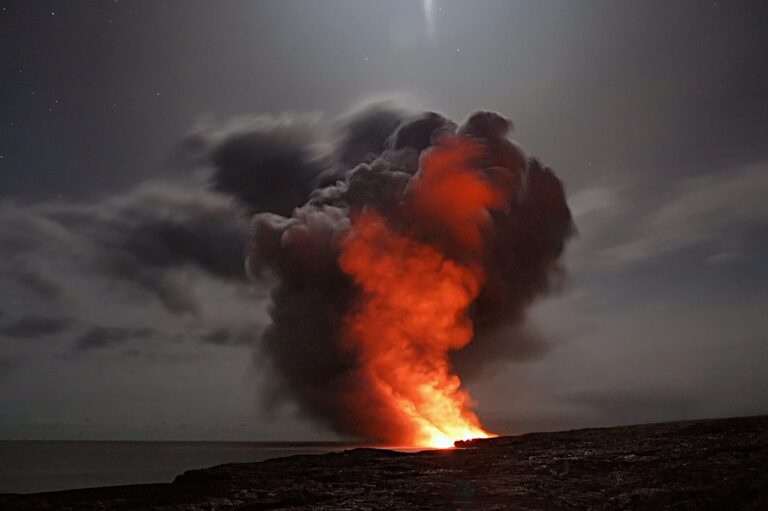Can Jews Enter Gaza?
The complexities of entering Gaza are multifaceted, with Jewish individuals facing unique challenges and exceptions. While Israel and Egypt tightly control the borders, certain individuals, like humanitarian workers, journalists, and diplomats, may be granted permits. Israeli citizens with family in Gaza or those providing medical assistance may also be allowed to enter. However, restrictions remain strict, with risks of violent clashes and security concerns ever-present. As you navigate the intricacies of Gaza's entry restrictions, a deeper dive into the region's history and modern-day dynamics reveals a rich tapestry of cultural heritage, humanitarian efforts, and diplomatic missions waiting to be explored.
Historical Context of Gaza
Stretching along the Mediterranean coast, the Gaza Strip has been a coveted prize for empires and nations throughout history, with its strategic location making it a perpetual flashpoint of conflict and intrigue. From ancient civilizations like the Egyptians and Philistines to modern-day powers, Gaza's unique geography has made it a prized possession. The strip's proximity to key trade routes and its access to the Mediterranean have rendered it a crucial hub for commerce and cultural exchange. Throughout the centuries, Gaza has been conquered, occupied, and fought over, leaving behind a rich tapestry of cultural and historical heritage. Understanding this complex history is essential to grasping the intricacies of the region's modern-day dynamics.
Current Entry Restrictions
Currently, the Gaza Strip is subject to strict entry restrictions, with Israel and Egypt controlling the majority of its borders, severely limiting the movement of people and goods. The Israeli military maintains tight control over the Erez Crossing, the primary entry point for foreigners, while Egypt controls the Rafah Crossing, which is often closed. Only select individuals, such as humanitarian workers, journalists, and diplomats, are granted permits to enter Gaza. Even then, they must navigate a complex and often unpredictable bureaucratic process. The restrictions have devastating consequences for the local population, who face significant obstacles in accessing essential goods, services, and medical care. The blockade has turned Gaza into a virtual prison, with limited ingress and egress for its two million inhabitants.
Israeli Citizen Exceptions
Beyond the strict entry restrictions, a limited number of Israeli citizens are granted exceptional permits to enter Gaza, primarily for humanitarian purposes or to visit immediate family members. These permits are typically issued on a case-by-case basis, and applicants must meet specific criteria. Here are some examples of Israeli citizens who may be granted exceptional permits:
- Humanitarian workers: Israeli citizens working with recognized humanitarian organizations, such as the Red Cross or UN agencies, may be granted permits to enter Gaza.
- Family members: Israeli citizens with immediate family members residing in Gaza, such as spouses, parents, or children, may be allowed to visit them.
- Medical professionals: Israeli medical professionals may be granted permits to enter Gaza to provide medical assistance or training to local healthcare workers.
These exceptional permits highlight the complexities of the Gaza entry restrictions, and the need for careful consideration of individual circumstances.
International Humanitarian Workers
As the need for aid in Gaza persists, international humanitarian workers play a key role in providing essential services to the local population, and are accordingly granted permits to enter the region under specific circumstances. These permits are typically issued by the Israeli authorities, who carefully vet applicants to verify their work is genuinely humanitarian in nature. Organizations such as the United Nations, Red Cross, and non-governmental organizations (NGOs) often deploy workers to Gaza to provide critical assistance, including medical care, food aid, and shelter. With their permits in hand, these workers can enter Gaza, traversing the complex security landscape to deliver essential support to those in need.
Diplomatic Missions and Delegations
In addition to humanitarian workers, diplomatic missions and delegations also play a vital role in Gaza, with diplomats and dignitaries from around the world seeking to engage with local leaders and gain a firsthand understanding of the complex situation on the ground. These delegations often focus on promoting peace, stability, and economic development in the region.
- Facilitating dialogue between Israeli and Palestinian authorities to address pressing issues, such as border crossings and trade agreements.
- Providing technical assistance to support Gaza's infrastructure, including energy, water, and sanitation projects.
- Advocating for the rights and protection of civilians, particularly in the context of the Israeli-Palestinian conflict.
Through their efforts, diplomatic missions and delegations contribute to a deeper understanding of the Gaza Strip's unique challenges and opportunities, and play a key role in this process.
Religious and Humanitarian Purposes
Pilgrims and philanthropists alike flock to Gaza, driven by a desire to connect with the region's rich spiritual heritage and provide essential support to its resilient population. Jewish visitors often seek to visit ancient sites like the Temple of Dagon, a 1,500-year-old ruin, or the Gaza Synagogue, which dates back to the 6th century. Meanwhile, humanitarian workers and volunteers arrive in Gaza to deliver aid, provide medical care, and support local communities. Despite the challenges, many organizations, such as the Israeli humanitarian group B'nai B'rith, continue to facilitate Jewish visits and aid efforts, fostering a sense of connection and compassion between Jews and Gazans.
Risks and Security Concerns
Gaza's fraught political climate and history of conflict create a complex web of risks and security concerns for visitors, from petty theft and scams to violent clashes and kidnapping. The Israeli military's strict control over the territory's borders and the presence of militant groups like Hamas add to the uncertainty.
- Heightened tensions: The risk of violent clashes and military operations is ever-present, making it essential to stay informed about local developments and follow official travel advisories.
- Restrictions on movement: Travelers may face difficulties moving around Gaza, with some areas restricted or subject to curfews.
- Kidnapping and hostage-taking: The threat of kidnapping and hostage-taking by militant groups is a serious concern, particularly for individuals perceived as having a high profile or affiliation with Western governments.


